Vanessa Flowers, founder of Flower Girls Meet talks about the power of community and narrative exposure therapy in helping others heal from tough situations. Check out the full interview below featured on Spotlight Chicago!
Vanessa Flowers, founder of Flower Girls Meet talks about the power of community and narrative exposure therapy in helping others heal from tough situations. Check out the full interview below featured on Spotlight Chicago!
We had a blast at our Flower Party with Kendra Scott on Sunday, December 3rd! See the photos below + show your love by continuing to shop for a good cause. Visit kendrascott.com and use promo code: GIVEBACK-FMQBC at check out, and 20% will go towards building this community!

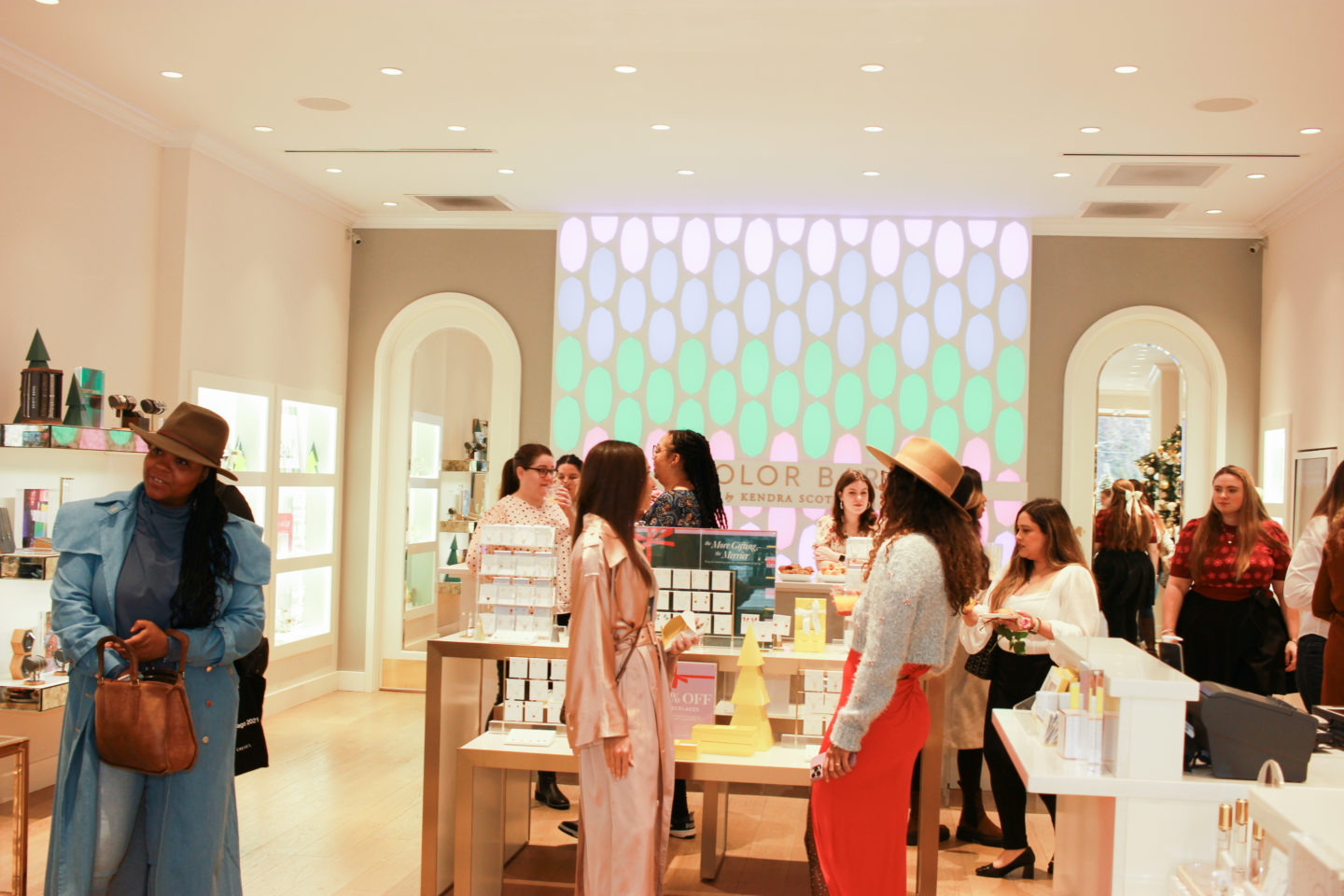



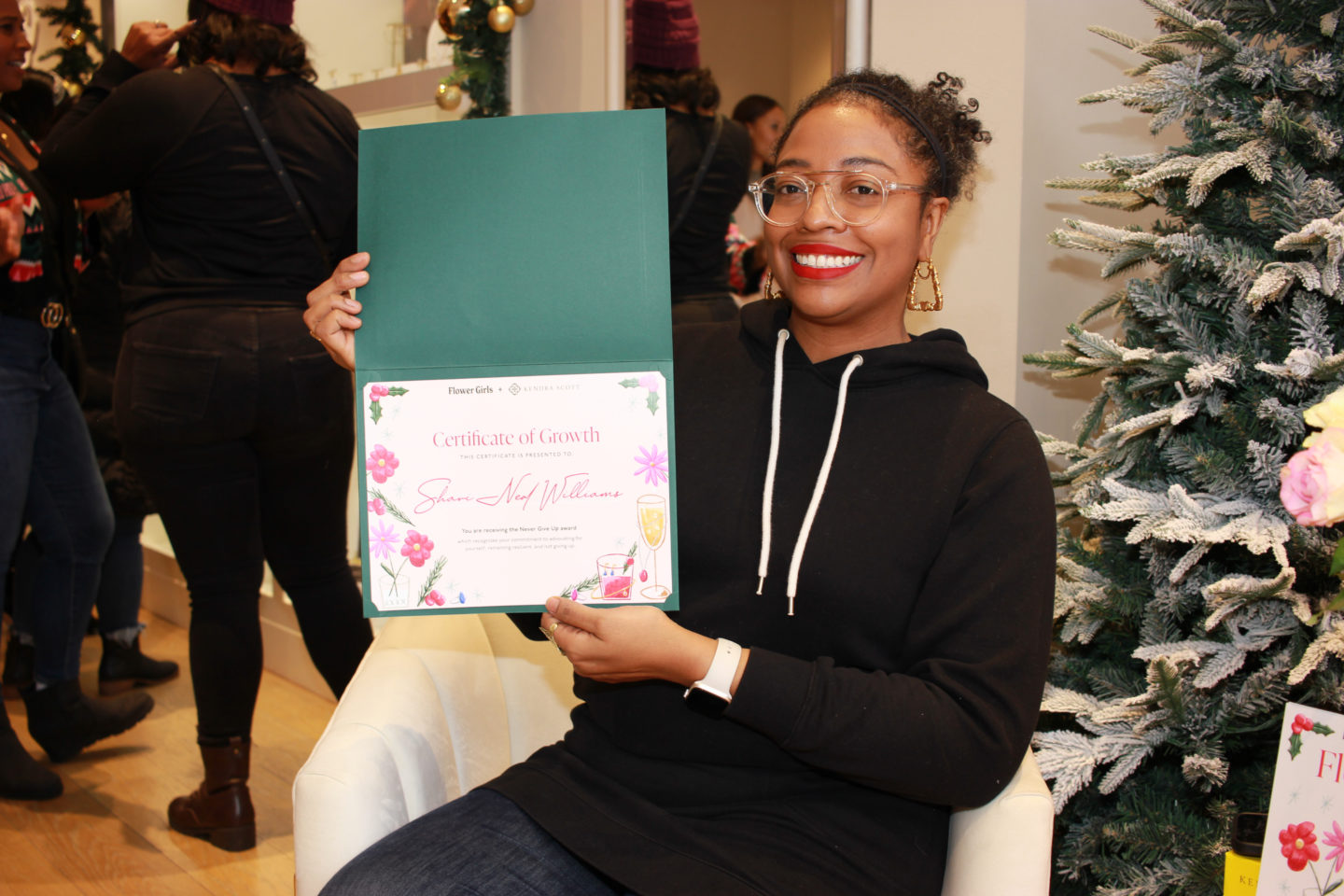


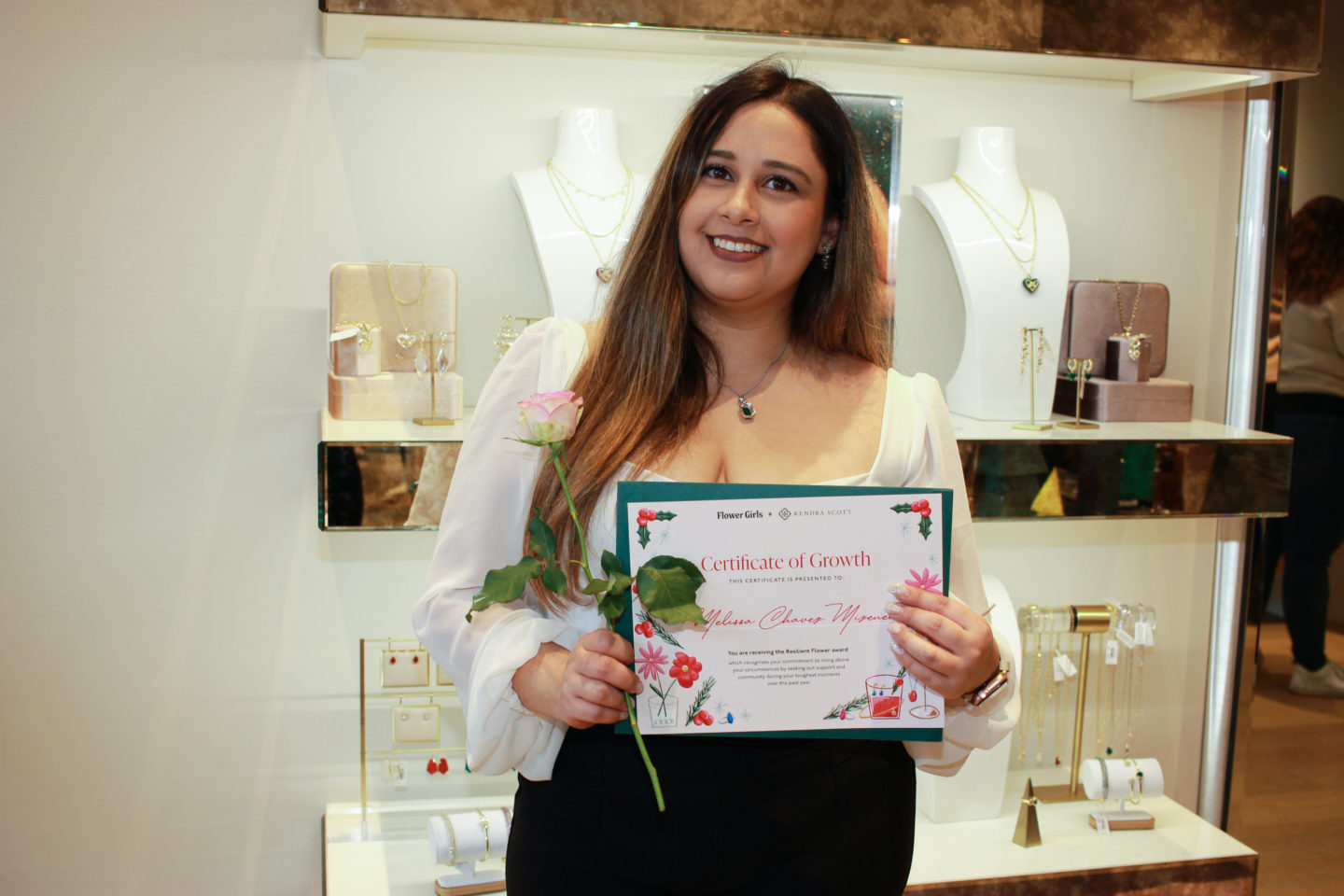

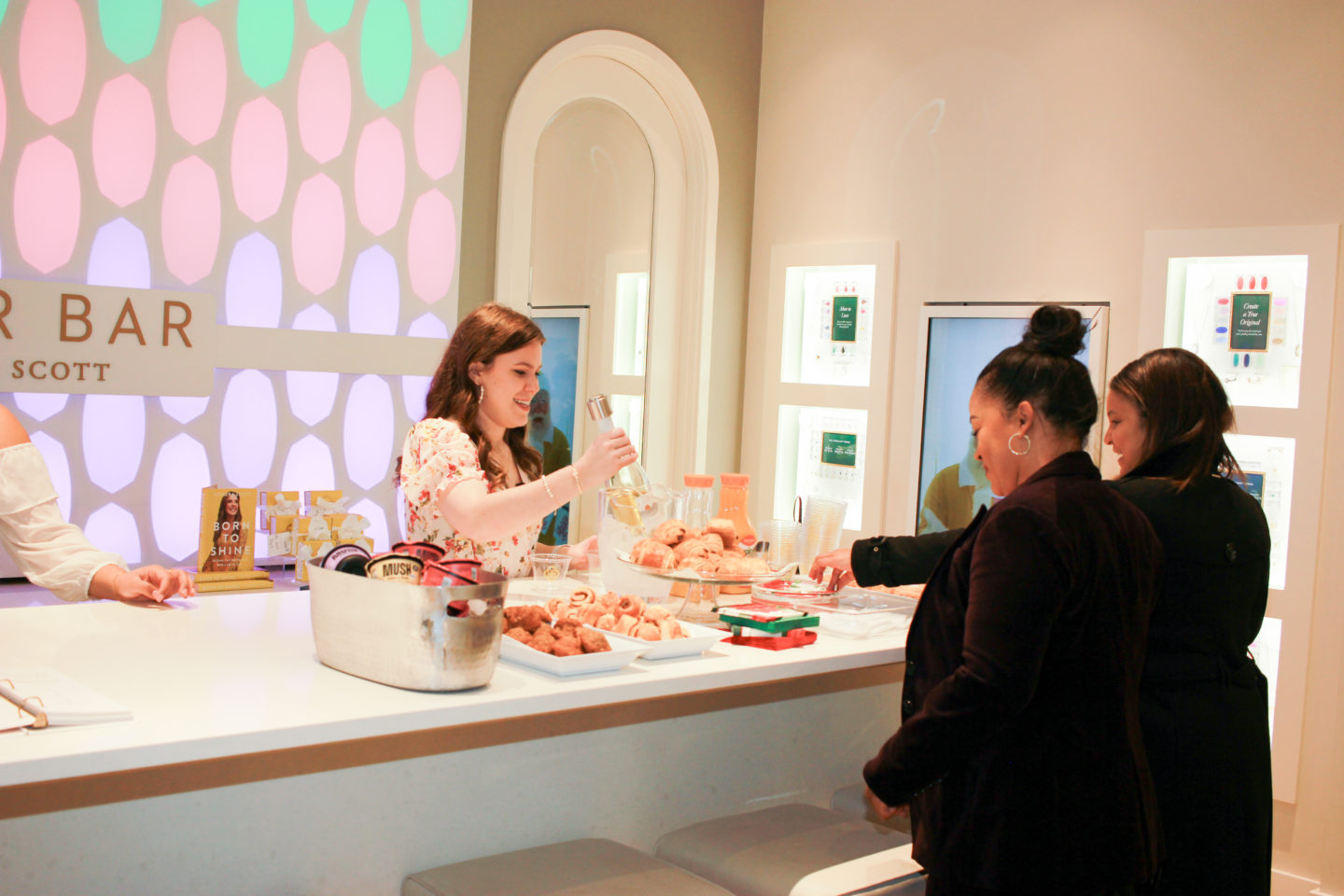
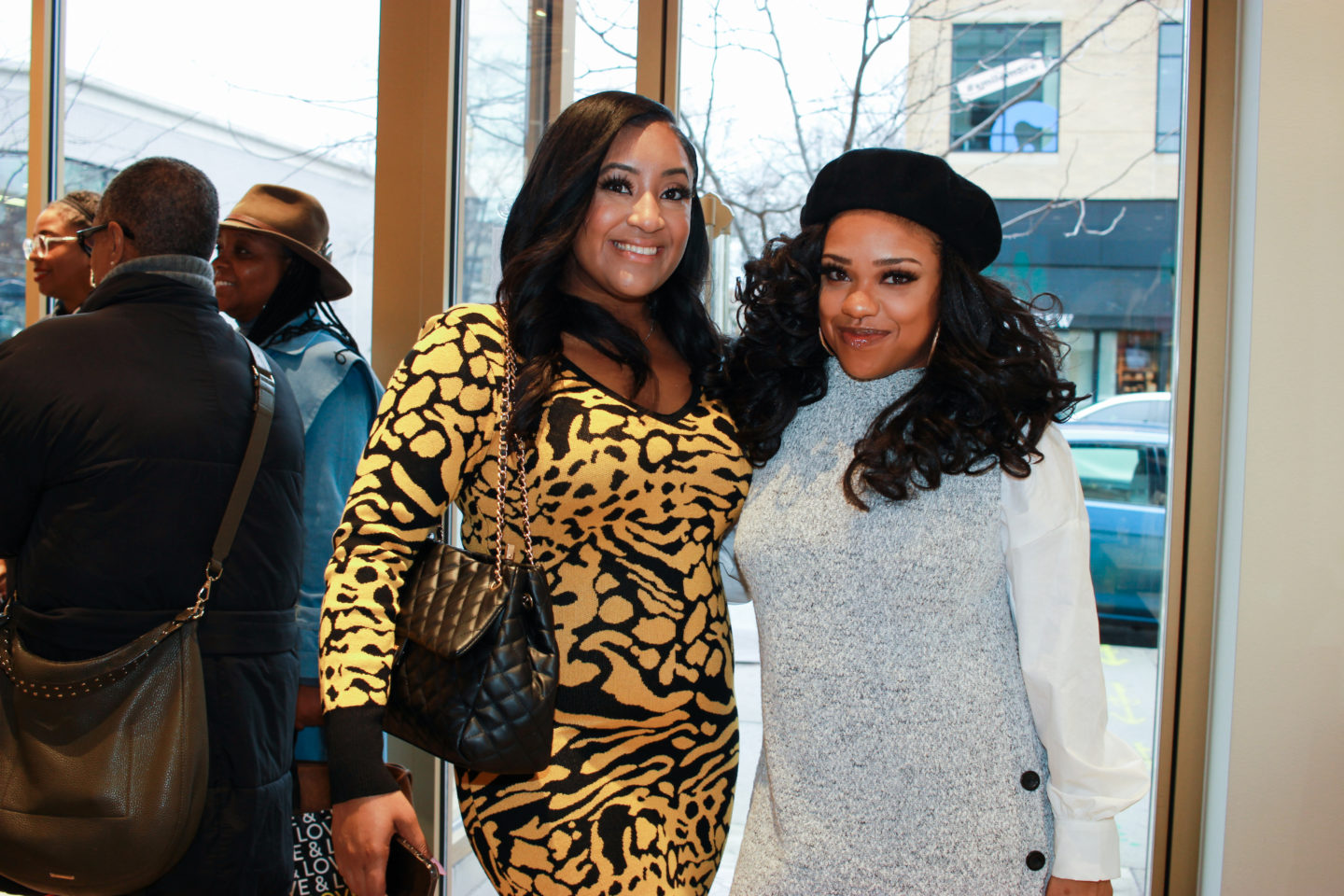
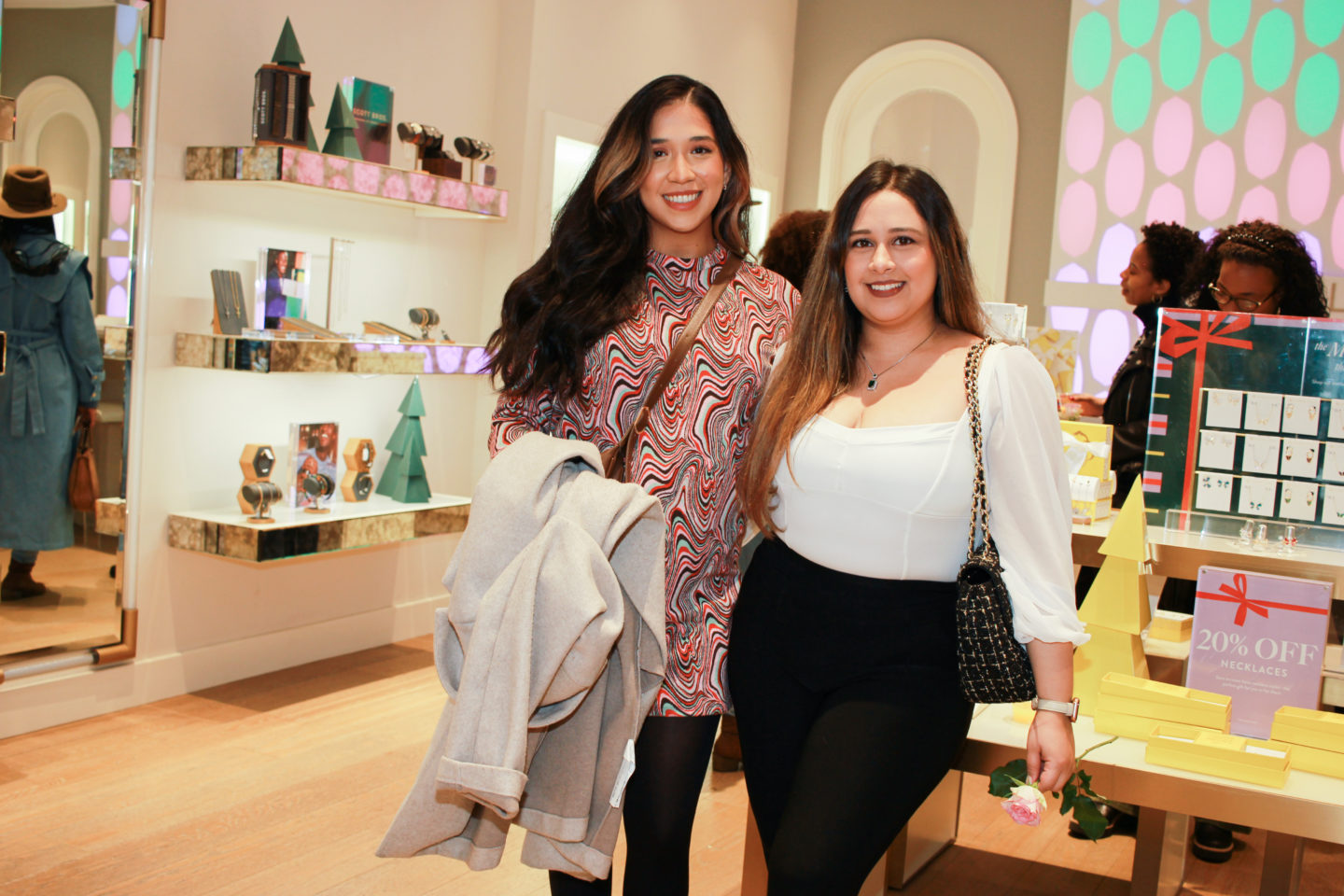


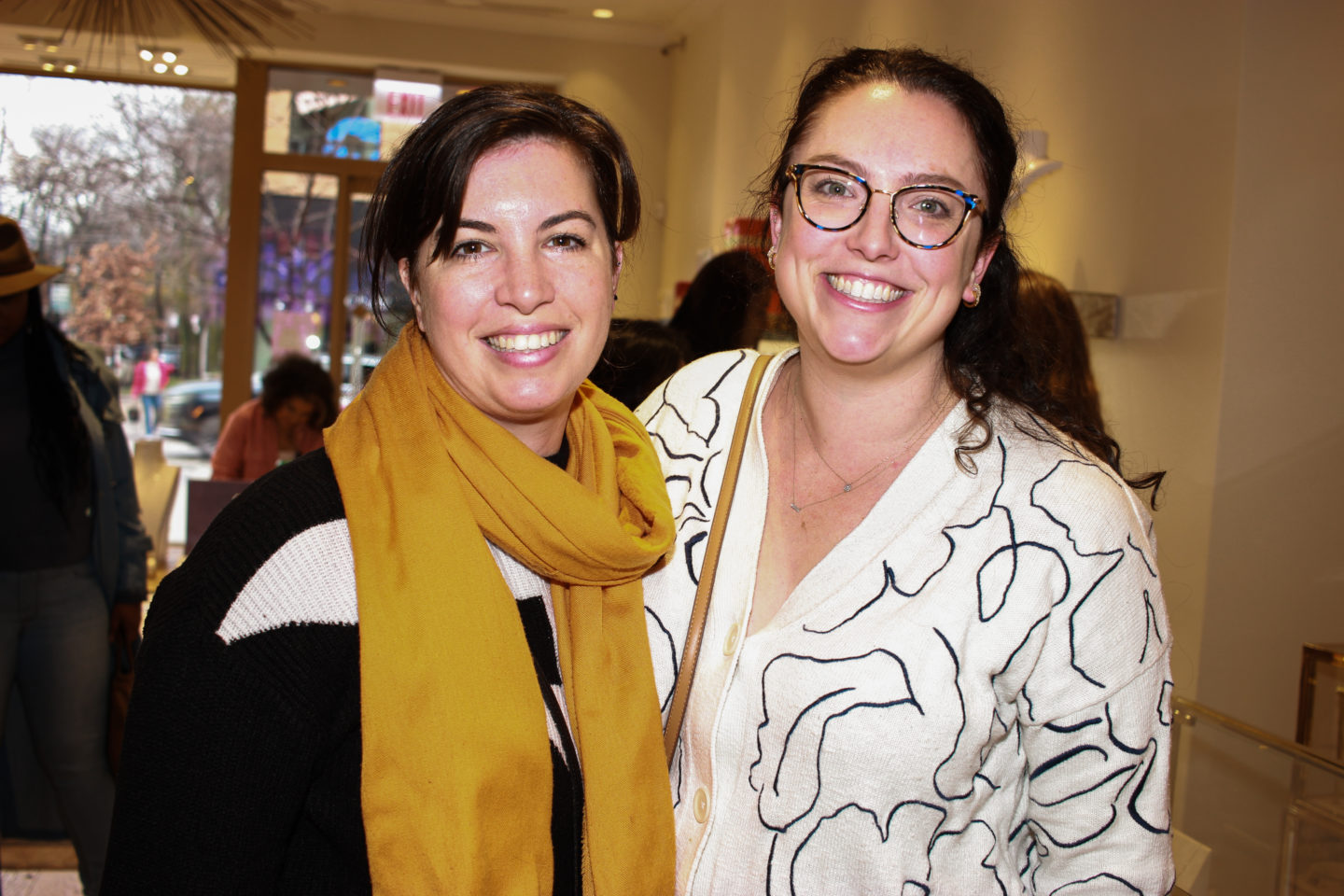
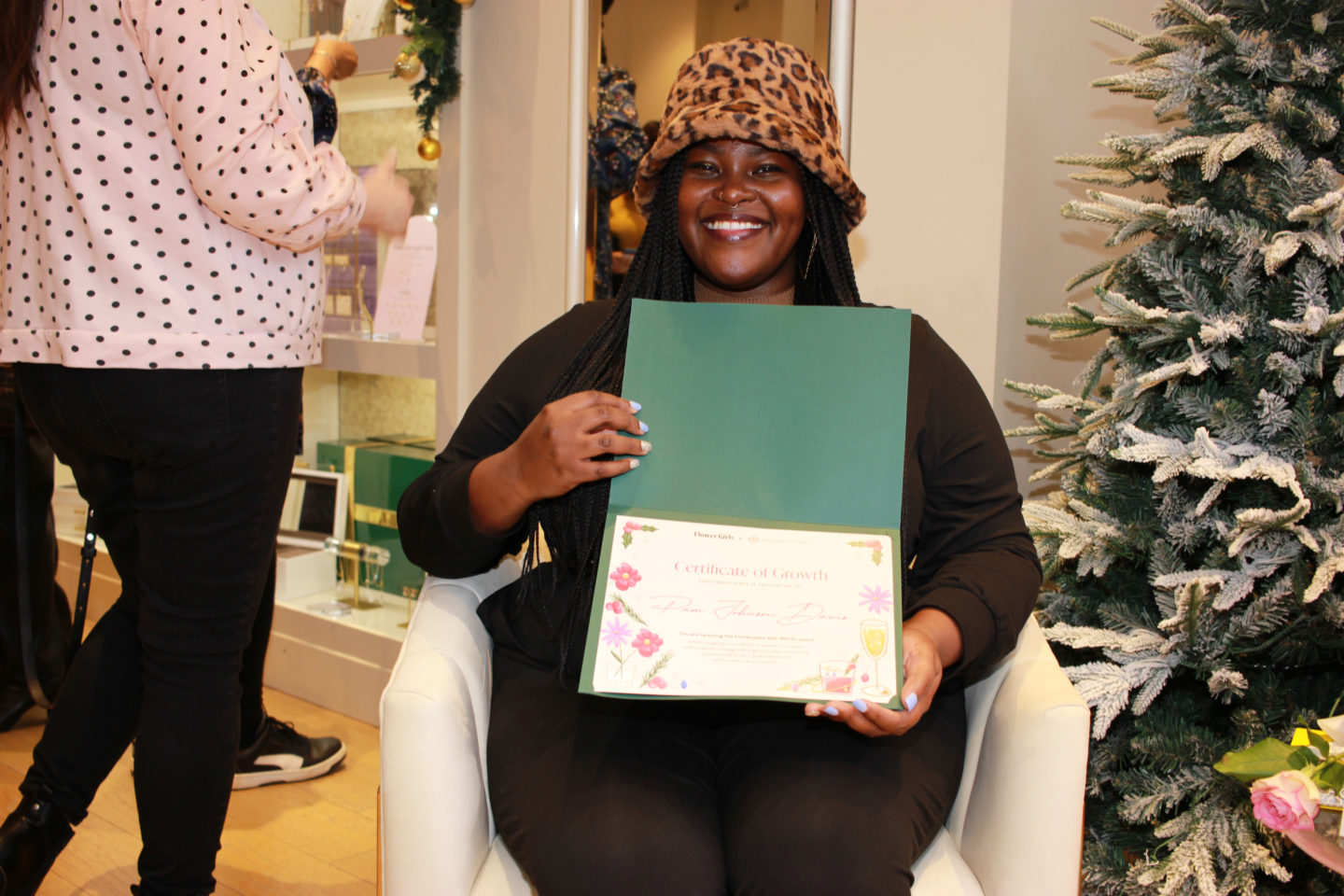
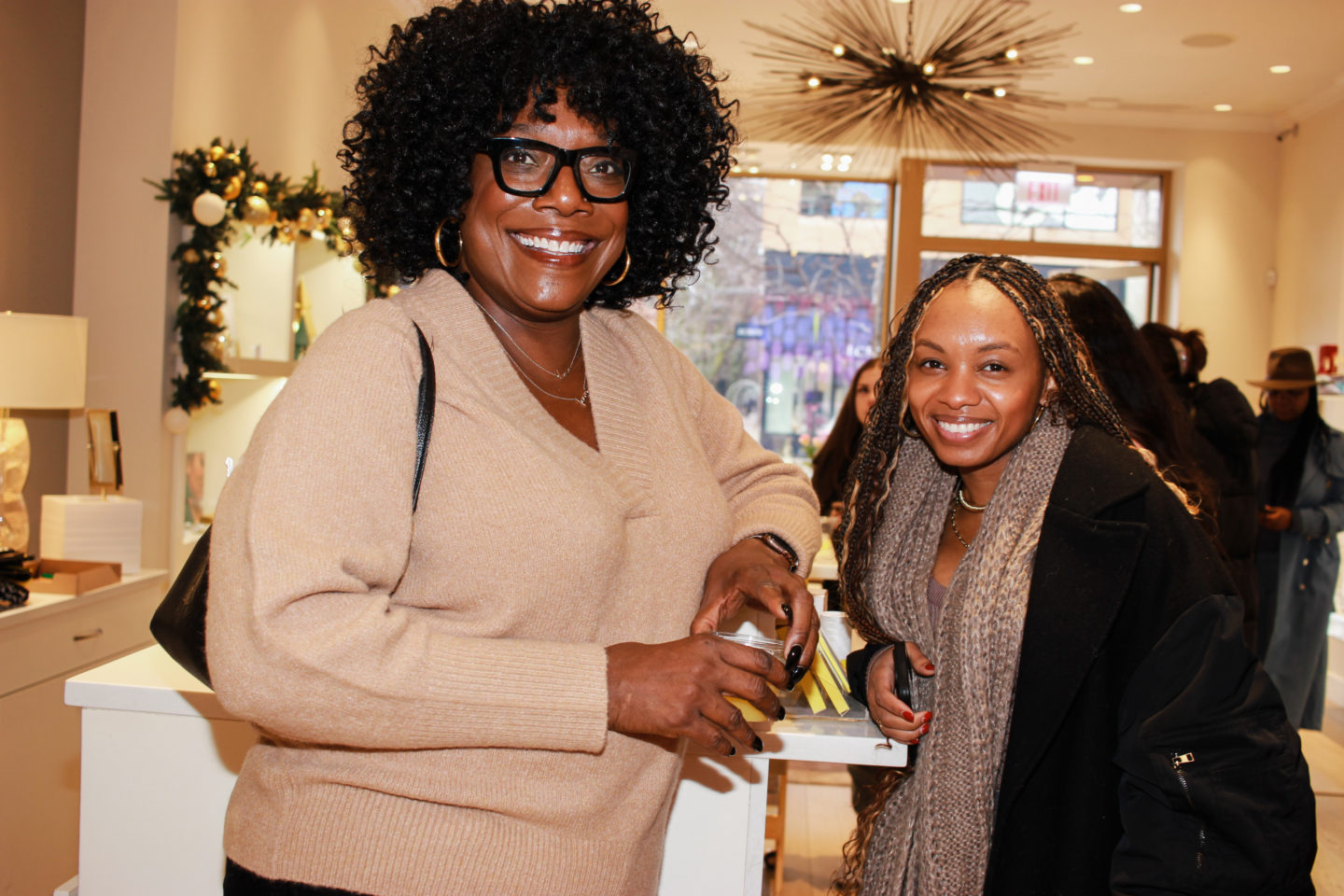
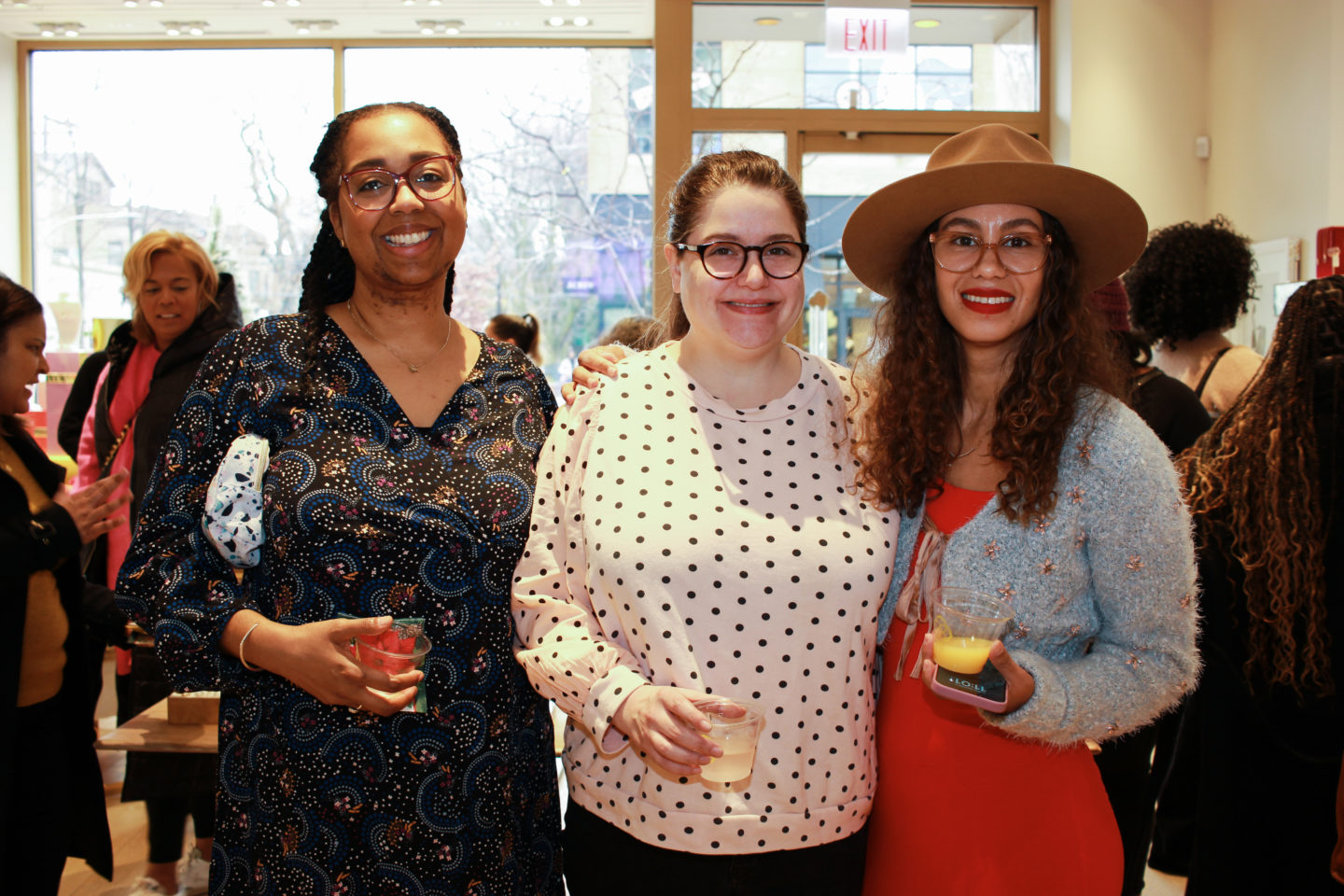

Join us for Flower Party! Flower Girls Meet is excited to partner with Kendra Scott on our final event of the year! This will be a part of the company’s Give Back Program which collaborates with local community members who aim to improve health & wellness, education, entrepreneurship, and empowerment.
We will host a festive brunch + shopping experience to celebrate our growth this year and acknowledge eight incredible women in our community since it’s been 8 years of Flower Girls! A LOT has happened, but we are still here pushing and moving forward. This is worth celebrating! Tickets are $25, and $20 will be store credit for you to shop!
20% of the proceeds from this event will go towards building Flower Girls Meet! Funds will be used to continue next year’s programming and focus on bringing wellness events to the workplace with our Bring Flowers to Work initiative! There will be delicious bites, drinks, flowers and more surprises! Bring a friend and let’s party!
Navigating work and life gracefully takes time and patience. Here are the takeaways from our last event:
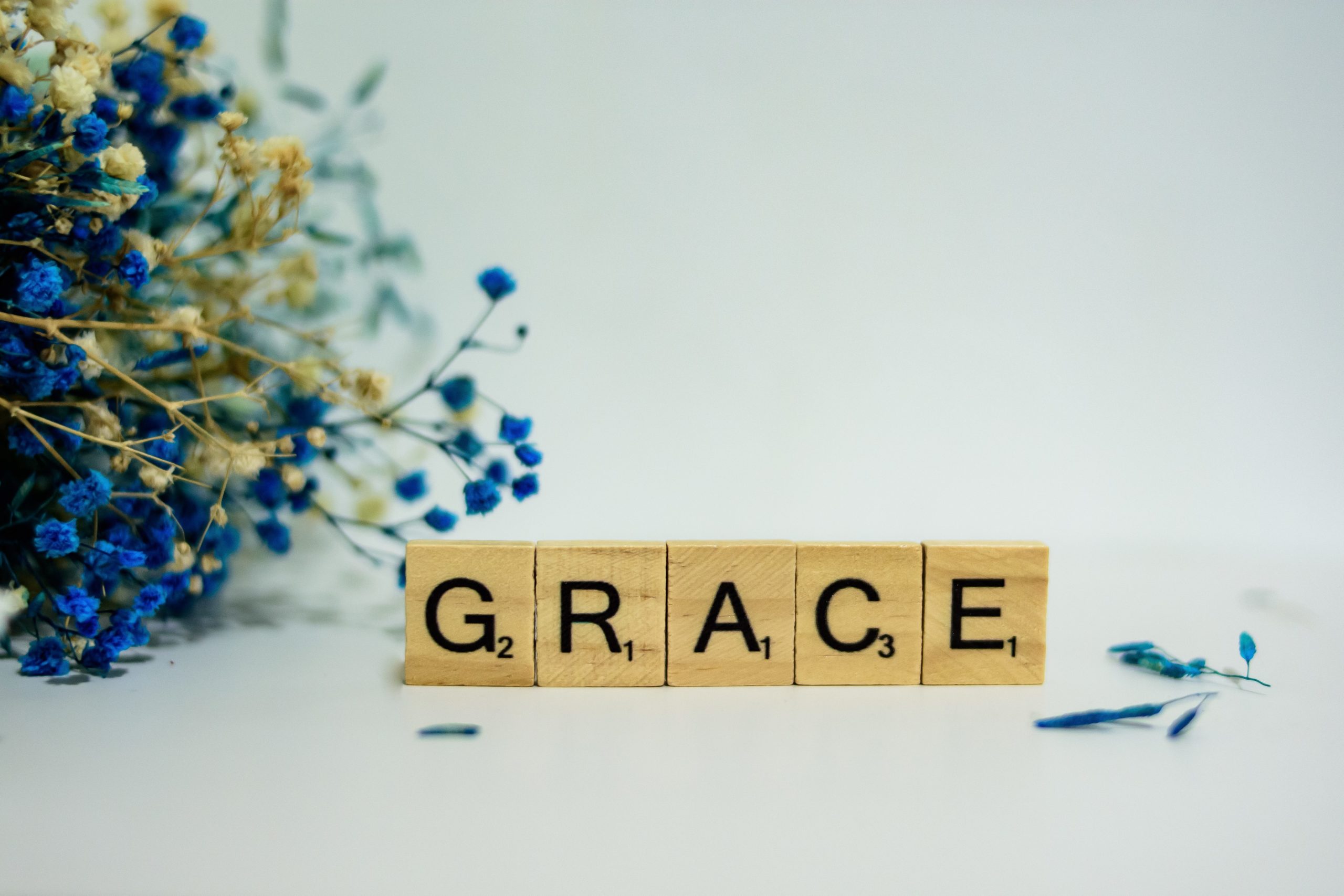
Read more of our recap here.
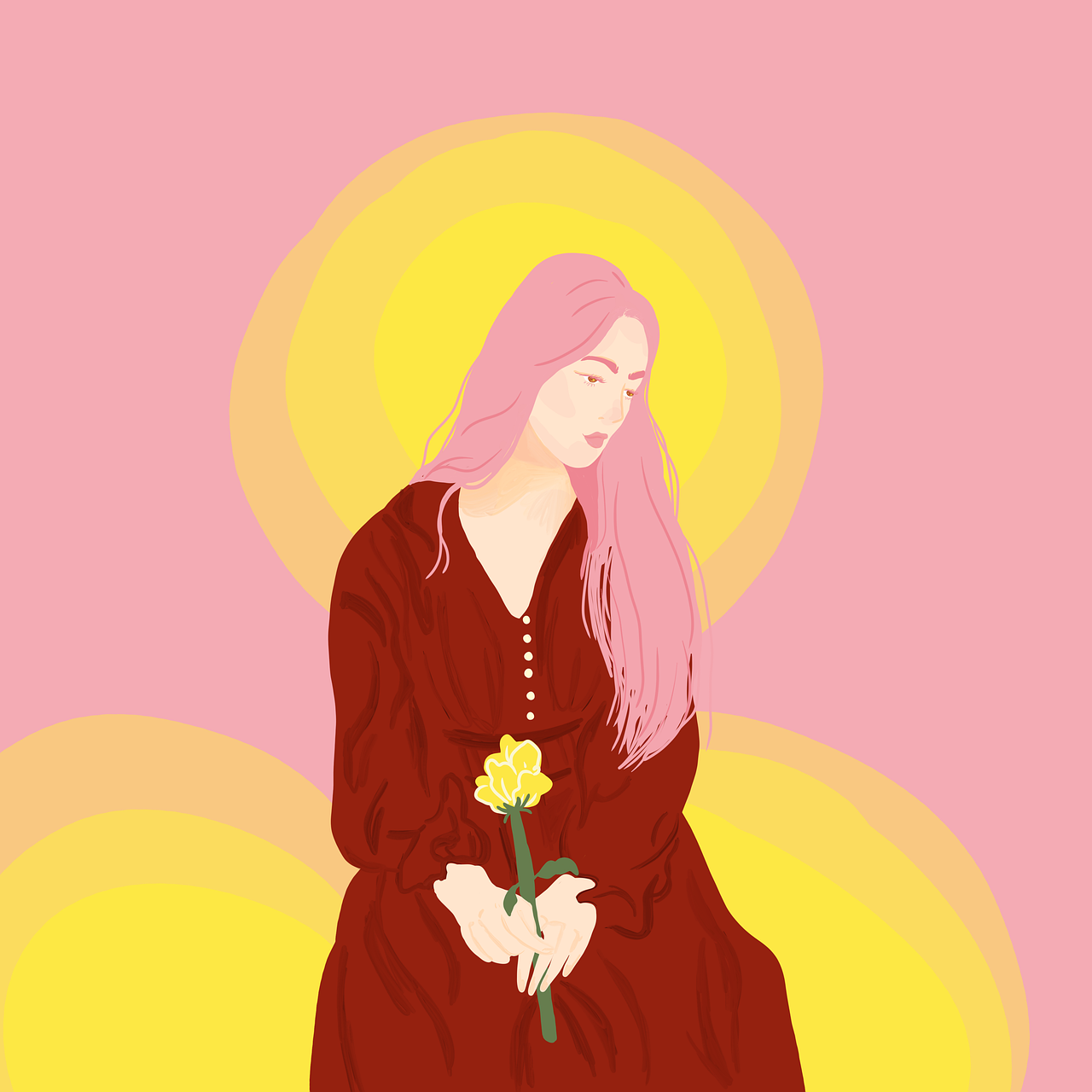
New month, new growth! We wrote about welcoming this new season with grace. Did you know this month represents depression and world mental health month? The key thing to note about depression is that mood, sleep, appetite, concentration, cognition, and other disturbances are all related to depression, and knowing this is a relief because sometimes people think you can just snap out of it. Show compassion to your friends and family who may express feelings of depression and/or anxiety, because we can serve as a voice of reason & beacon of hope that really helps them get through it. Other things we’ve learned from past events:
It’s also breast cancer awareness, and there’s new research showing women should get checked before 40 years old. See below for some interesting articles to check out about these topics: